English and British literature has given the world many of the best poets of all time, here we will discover only a few of the many poets that have transcended time in the history of poetry and keep on inspiring us every day.
| 🇬🇧 Name | 🖋️ Famous Work |
|---|---|
| William Shakespeare | Shakespeare's Sonnets |
| Elizabeth Barrett Browning | How Do I Love Thee? |
| Robert Burns | To a Mouse |
| Dylan Thomas | Fern Hill |
| J.R.R. Tolkien | All Woods Must Fail |
| Lord Byron | Don Juan |
| John Keats | Ode to a Nightingale |
| Carol Ann Duffy | Little Red Cap |

William Shakespeare, Father of English Literature
🗓️ Born: April 23, 1564
🏡 Hometown: Stratford-upon-Avon, UK
🖋️ Famous Poem: Shakespeare's Sonnets
Maybe the most famous author of all English literature, Shakespeare was a poet, playwright and actor. He is still regarded today as the world's most eminent dramatist. While he is mainly known by the public for his numerous theater play, among which Romeo And Juliet, the most famous romantic tragedy of all times, has been adapted countless times, both for the theater, Broadway or Hollywood.
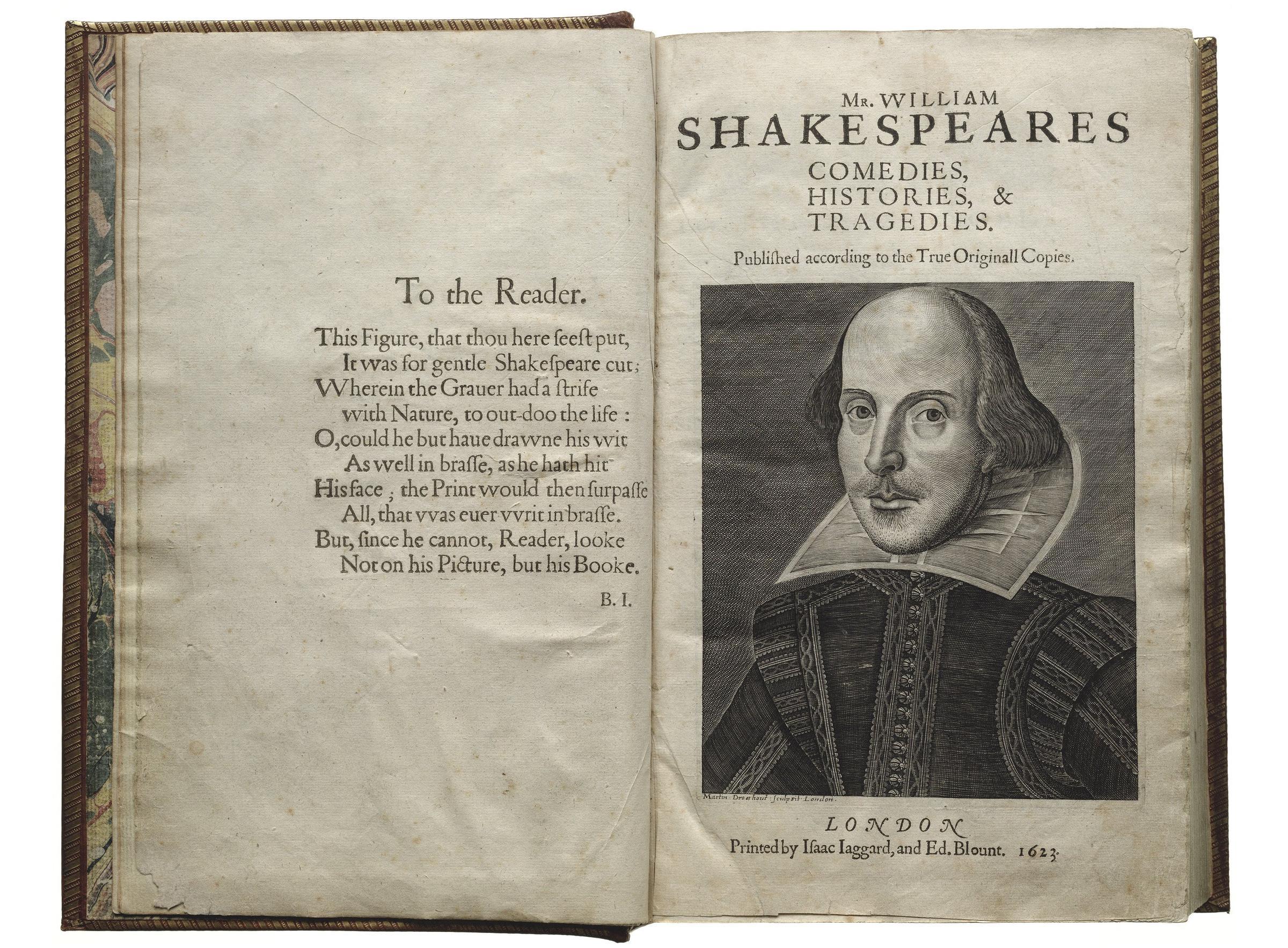
Shakespeare's plays are still performed today all around the world, and at any given time of the year, it is not surprising to find more than one of his plays being acted on the stage.
What the public might not know as much are Shakespeare's sonnets and narrative poems. Published in 1609, towards the end of his life, Shakespeare's 154 sonnets were probably never meant to be released and the order they have been printed in most likely did not reflect their actual chronology nor the author's wishes.
"Unthrifty loveliness why dost thou spend, Upon thy self thy beauty's legacy? Nature's bequest gives nothing but doth lend, And being frank she lends to those are free: Then beauteous niggard why dost thou abuse, The bounteous largess given thee to give? Profitless usurer why dost thou use So great a sum of sums yet canst not live? For having traffic with thy self alone, Thou of thy self thy sweet self dost deceive, Then how when nature calls thee to be gone, What acceptable audit canst thou leave? Thy unused beauty must be tombed with thee, Which used lives th' executor to be."
Willian Shakespeare, The Fair Youth, Sonnet 5
Elizabeth Barrett Browning, The Romantic Poetess
🗓️ Born: March 6, 1806
🏡 Hometown: Coxhoe, United Kingdom
🖋️ Famous Poem: How Do I Love Thee?
Born in 1806, Elizabeth Barrett started to write poetry from the early age of 6 years old. Her mother collected her poems, which became the most extensive surviving collection of juvenile writing by any English writer, ever. Barrett suffered poor health for most of her life and possibly had tuberculosis.
It did not stop her writing, and she published her first collection of poems at the age of 32 years old. Her poetry was very well received, and she wrote profusely in the following years. She also actively campaigned against slavery and influenced the reforms of child labor legislation.
Her work also caught the attention of another poet, Robert Browning, who after writing to her, began to court her secretly. Knowing that her father would disapprove, Elizabeth Barrett and Robert Browing married in secret in 1846 before moving to Italy where they lived happily for the rest of their lives.
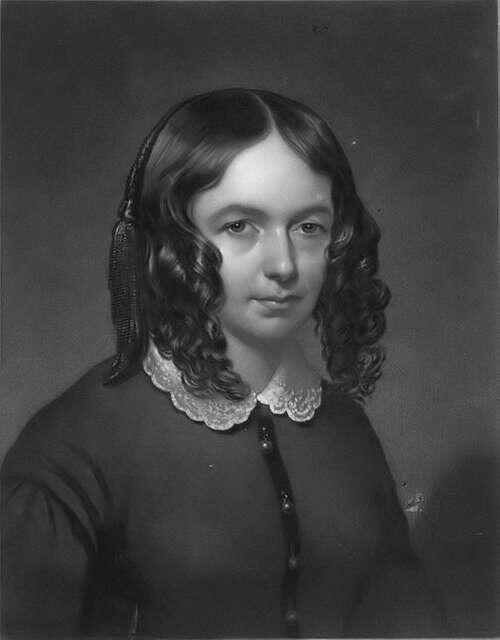
This love union fuelled many of her love poems and creativity in her writing. The work of Elizabeth Barrett Browning was a famous poet that had a great influenced on some of her famous contemporary writers among which Edgar Allan Poe and Emily Dickinson.
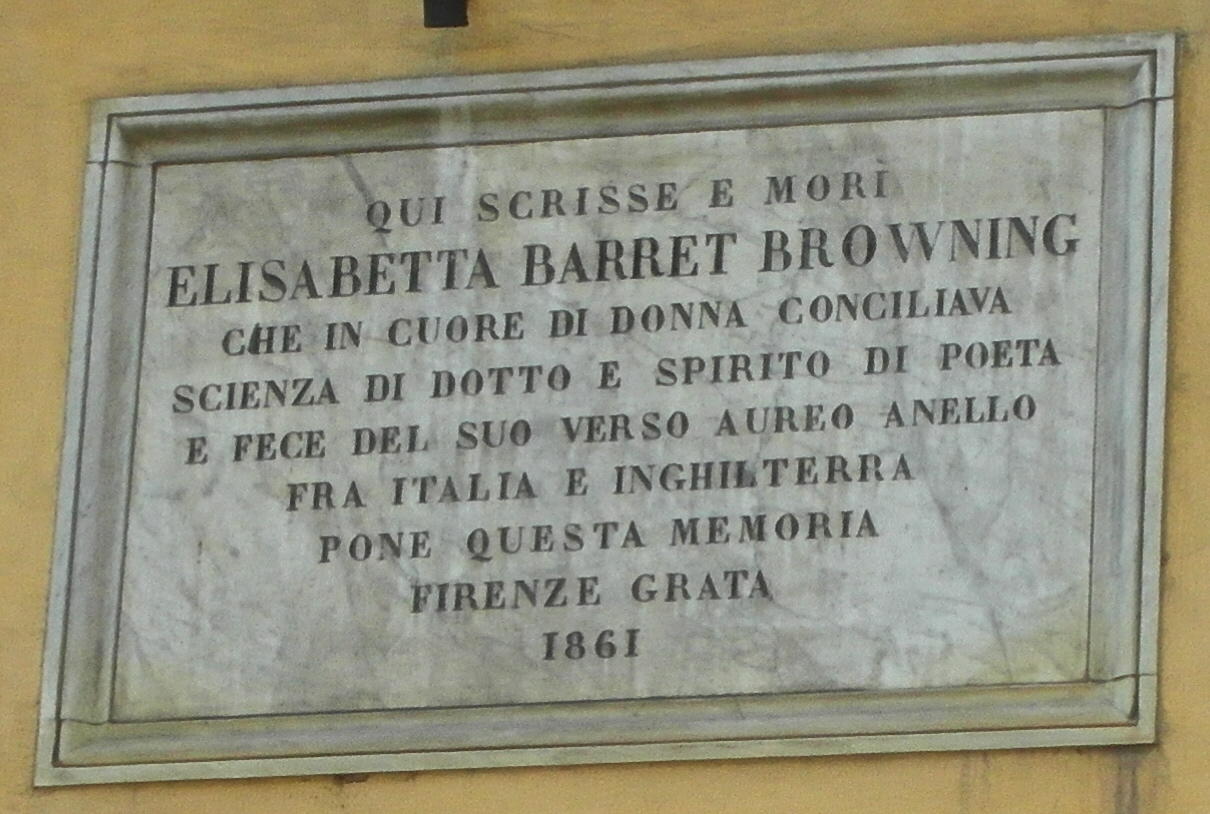
"How do I love thee? Let me count the ways. I love thee to the depth and breadth and height My soul can reach, when feeling out of sight For the ends of Being and ideal Grace. I love thee to the level of everyday's Most quiet need, by sun and candlelight. I love thee freely, as men strive for Right; I love thee purely, as they turn from Praise. I love thee with the passion put to use In my old griefs, and with my childhood's faith. I love thee with a love I seemed to lose With my lost saints,—I love thee with the breath, Smiles, tears, of all my life!—and, if God choose, I shall but love thee better after death."
- Elizabeth Barret Browning, Sonnets from the Portuguese, Sonnet 43
Robert Burns, The Bard of Ayrshire
🗓️ Born: January 25, 1759
🏡 Hometown: Alloway, United Kingdom
🖋️ Famous Poem: To a Mouse
Celebrated as the most significant Scottish writer of all time, the popularity of Burns through all of Scotland and with the Scottish diaspora all over the world, made him the subject of a real personality cult during the 19th and 20th century. Still today, Burns supper, a national holiday in Scotland, is more celebrated than the actual National Day of St. Andrew's.
Celebrated on January 25th, Burns Night celebrates the life and legacy of Robert Burns.
He popularized the use of the Scots language in literature, though most of his work was written in English. His direct, sincere and straightforward style, approaching many serious subjects such as equalitarianism, anticlericalism or Scotish nationalism, had a significant influence on many British poets and writers such as William Wordsworth, Samuel Taylor Coleridge, Percy Bysshe Shelley, Allan Ramsay, Robert Fergusson or Hugh MacDiarmid, but also had a profound impact on the future founders of socialism and liberalism.

Some of his most famous work was inspired by the French Revolution which unfolded when Burns was about 30 years old. Coming from a family of poor tenant farmers, his point of view is far from being the one of the bourgeoisie but is close to the mass of the oppressed.
firm believer that the poor of humankind will one day come to realize their "sense and worth" and unite against the oppression of the elites, though this part of his work and philosophy is often left aside. A few of Burns' most famous poems include:
- To a Mouse
- A Red, Red, Rose
- Address to a Haggis
- Tam o' Shanter
- Sweet Afton
Consider enrolling in poetry lessons to explore your creativity, enhance your writing skills, and learn from experienced poets, all from the convenience of your own home. These classes provide valuable feedback and inspiration, helping you to develop your unique voice and refine your poetic craft.
"A prince can make a belted knight, A marquis, duke, an 'a' that; But an honest man's aboon his might, Guid faith he mauna fa' that! For a 'that, an' a' that, Their dignities, an' a' that, The pith o' sense, an' pride o' worth, Are higher rank than a' that.
Then let us pray that come it may, As come it will for a' that, That sense and worth, o'er a' the earth, May bear the gree, an' a' the earth, For a' that, an' a' that. Dor a' that, an' a' that, It's coming yet, for a' that, That man to man, the warld o'er, Shall Brothers be for a' that."
- Robern Burns, For a' That and a' That

Dylan Thomas, Poetry and Radio
🗓️ Born: October 27, 1914
🏡 Hometown: Uplands, United Kingdom
🖋️ Famous Poem: Fern Hill
Probably the most famous of Welsh poets, Dylan Thomas became known to the British public through his poetry programs broadcasted by BBC Radio. Born in 1914, into a middle-class family, Thomas started writing poetry when he was only 15 years old, and in the following four years, while working as a freelance journalist, he amassed more than 200 poems compiled in four books.
His publications in The New English Weekly and The Listener caught the attention of three major writers of the time, T. S. Eliot, Geoffrey Grigson and Stephen Spender. They helped launch his career, and in 1934 when Thomas was only 20 years old, his first poetry book was published under the title 18 Poems. The Listener newspaper belongs to the British Broadcasting Corporation (BBC), established his connections with the network which would later bring his poems into the homes of millions of Britons.
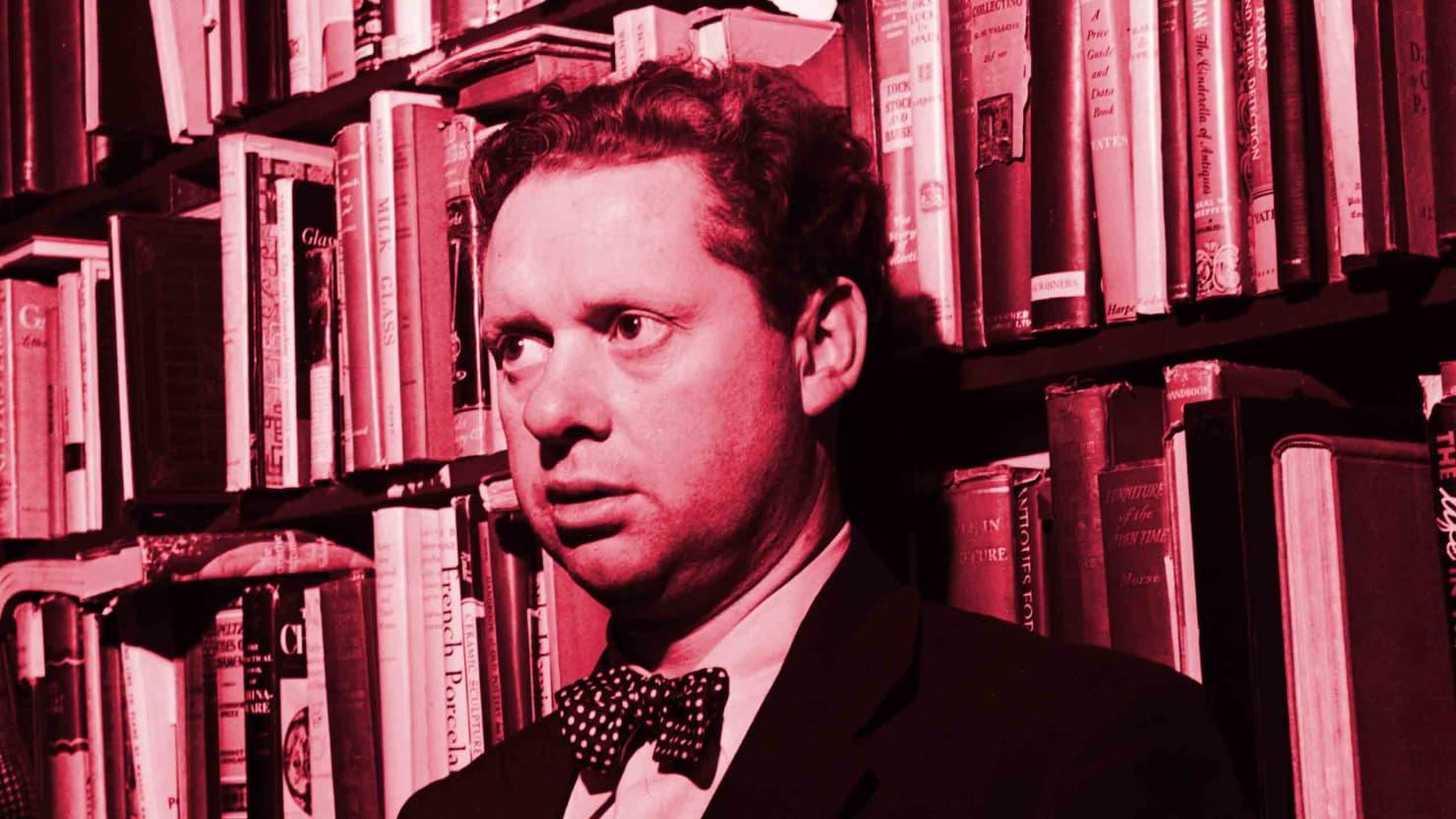
"Dead man naked they shall be one With the man in the wind and the west moon; When their bones are picked clean and the clean bones gone, They shall have stars at elbow and foot; Though they go mad they shall be sane, Though they sink through the sea they shall rise again; Though lovers be lost love shall not; And death shall have no dominion. And death shall have no dominion. Under the windings of the sea They lying long shall not die windily; Twisting on racks when sinews give way, Strapped to a wheel, yet they shall not break; Faith in their hands shall snap in two, And the unicorn evils run them through; Split all ends up they shan't crack; And death shall have no dominion. And death shall have no dominion. No more may gulls cry at their ears Or waves break loud on the seashores; Where blew a flower may a flower no more Lift its head to the blows of the rain; Though they be mad and dead as nails, Heads of the characters hammer through daisies; Break in the sun till the sun breaks down, And death shall have no dominion."
- Dylan Thomas, And Death Shall Have No Dominion
J.R.R. Tolkien, The Linguist Poet
🗓️ Born: January 3, 1892
🏡 Hometown: Bloemfontein, South Africa
🖋️ Famous Poem: All Woods Must Fail
John Ronald Reuel Tolkien is mostly known for his books, later adapted to cinema, The Lord of The Rings and The Hobbit. Both these books are amongst the best selling novels ever written and combined, making Tolkien one of the most successful authors of all times.
While Tolkien is most famous for his fantasy writings, most British ignore that he was also a talented poet. His work as a linguist made him an expert in manipulating words' aesthetics and euphony.
He also created two entirely new languages, an exhaustive work that probably explains why his academic research at the Oxford University remained so thin.
Some of his poems have been included in his fantasy work, and one of the most famous ones is part of The Lord Of The Rings and is titled All that is gold does not glitter. The poem was there to warn readers that Aragorn, one of the main characters in the book, is far more important than it seems.
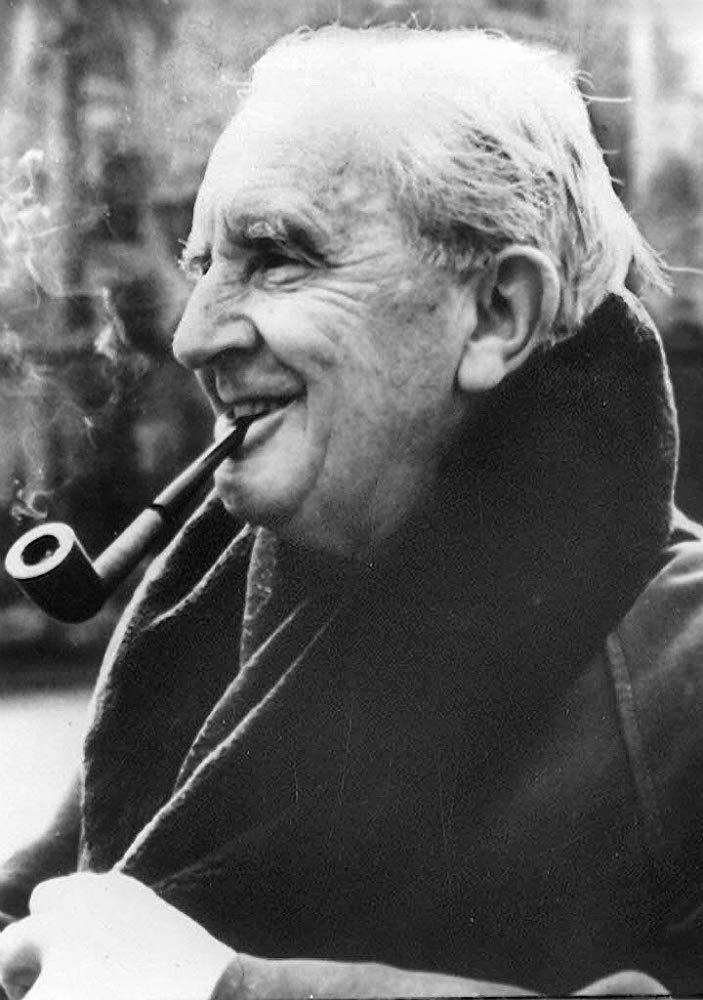
"All that is gold does not glitter, Not all those who wander are lost; The old that is strong does not wither, Deep roots are not reached by the frost. From the ashes, a fire shall be woken, A light from the shadows shall spring; Renewed shall be blade that was broken, The crownless again shall be king"
- J.R.R. Tolkien, All that is gold does not glitter
Lord Byron, One of the Greats
🗓️ Born: January 22, 1788
🏡 Hometown: London, United Kingdom
🖋️ Famous Poem: Don Juan
Lord Byron is regarded as one of the greatest English poets there is, and a leading figure of the Romantic movement.
During his life, he traveled extensively across Europe, especially in Italy. During his stay in Italy, he frequently visited his friend and fellow poet Percy Bysshe Shelley. Later in life, Byron joined the Greek War of Independence fighting the Ottoman Empire and died leading a campaign during that war, for which Greeks revere him as a folk hero. He died in 1824 at the age of 36 from a fever contracted after the First and Second Siege of Missolonghi.

His lifestyle gave him lots of inspiration and themes to write about, he wrote prolifically and his publisher, John Murray, released the complete works of Lord Byron in 1832, which gathered 14 volumes.
Don Juan, is considered his masterpiece. It is a poem of 17 cantos, where Lord Byron portrays Don Juan in a satirical epic poem, where he is not a womanizer but rather a man that is easily seduced by women.
Lord Byron fascinated the public and was considered a modern celebrity, just like other poets and performers today.
His personification of the Byronic hero fascinated the public. The Byronic hero consists of an idealized, but flawed character whose attributes are: talent, passion, an aversion to society's social norms and institutions, arrogance, and overconfidence among others. These types of characters have since become universal in literature and politics.
"She walks in beauty, like the night, Of cloudless climes and starry skies; And all that's best of dark and bright, Meet in her aspect and her eyes; Thus mellowed to that tender light, Which heaven to gaudy day denies. One shade the more, one ray the less, Had half impaired the nameless grace, Which waves in every raven tress, Or softly lightens o'er her face; Where thoughts serenely sweet express, How pure, how dear their dwelling-place. And on that cheek, and o'er that brow, So soft, so calm, yet eloquent, The smiles that win, the tints that glow, But tell of days in goodness spent, A mind at peace with all below, A heart whose love is innocent!"
- Lord Byron, She Walks in Beauty
John Keats, Romantic Poet
🗓️ Born: October 31, 1795
🏡 Hometown: Moorgate, London, United Kingdom
🖋️ Famous Poem: Ode to a Nightingale
John Keats is one of the most famous and important Romantic poets, just like Lord Byron and Percy Bysshe Shelley.
Unlike Lord Byron, Keats was not famous or known during his lifetime, his fame grew after his death and was considered among the canon of English literature. His style was strongly romantic and expressed extreme emotion through natural imagery.
Just to give you an overview here is the first paragraph of the poem Ode to a Nightingale, which already shows how beautiful was the romantic style of Keats.
"My heart aches, and a drowsy numbness pains, My sense, as though of hemlock I had drunk, Or empited some dull opiate to the drains, One minute past, and Lethe-wards had sunk: 'Tis not through envy of thy happy lot, But being too happy in thine happiness, That thou, light-winged Dryad of the trees, In some melodious plot, Of beechen green, and shadows numberless, Singest of summer in full-throated ease."
- John Keats, Ode to a Nightingale
Carol Ann Duffy, Award-winning Scottish Poet
🗓️ Born: December 23, 1955
🏡 Hometown: Glasgow, United Kingdom
🖋️ Famous Poem: Little Red Cap
This award-winning Scottish poet and playwright pull no punches. Her poems and monologues have a sharp feminist edge, as she often dramatizes scenes from childhood, adolescence, and adulthood. Her work earned her a spot as the first Scottish-born and first LGBT Poet Laureate of Britain.
She is a professor of contemporary poetry at Manchester Metropolitan University, and in 2009 was appointed the Poet Laureate, and she resigned in 2019.
Her collection of poems includes:
- Standing Female Nude (1985)
- Selling Manhattan (1987)
- Mean Time (1993)
- Rapture (2005)
"Not a red rose or a satin heart. I give you an onion. It is a moon wrapped in brown paper. It promises light, like the careful undressing of love. Here. It will blind you with tears like a lover. It will make your reflection a wobbling photo of grief. I am trying to be truthful. Not a cute card or a kissogram. I give you an onion. Its fierce kiss will stay on your lips, possessive and faithful as we are, for as long as we are. Take it. Its platinum loops shrink to a wedding-ring, if you like. Lethal. Its scent will cling to your fingers, cling to your knife."
- Carol Ann Duffy, Valentine
This is only a shortlist of the famous British poets, but many more remain to be read, explored, discovered and studied. Poetry has always been a great vessel for different minds and personalities to express themselves and the times we live in. Just as Instapoets use Social Media platforms to expand their readership, other poets used different literary styles or decided to perform as well.
The famous British poets have strongly influenced poetry at an international level, and count several best poems of all time.
If you do not know where to start to get to know more poets or poetry books, you can always rely on a Superprof tutor that will help and guide you in the discovery of English poets and popular poems that have marked the history of poetry and literary world.
Summarize with AI:

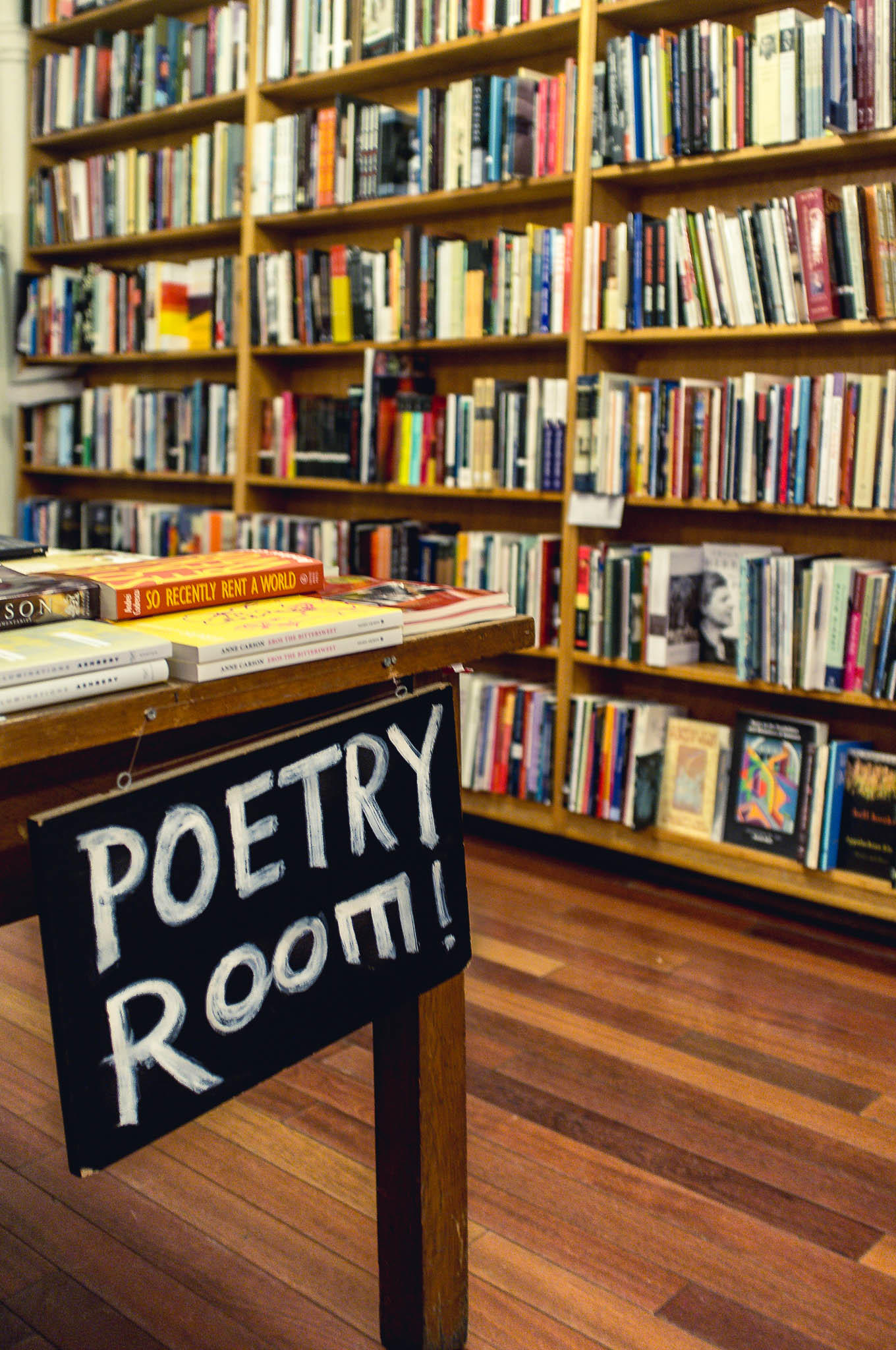

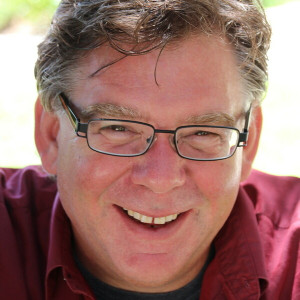











You have omitted the best poet using the English language (in my opinion) – Wilfred Owens